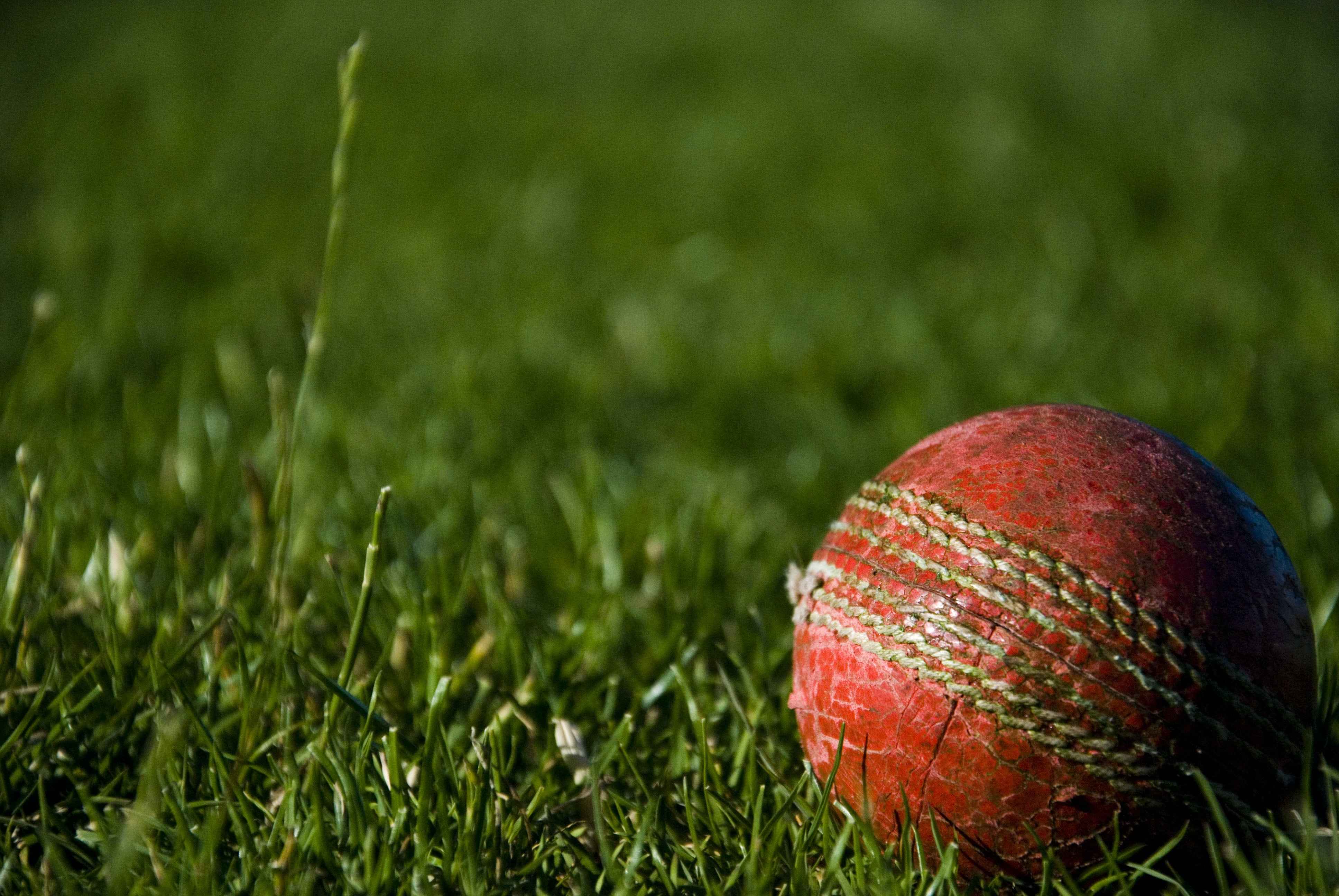
Note: In this module, we have included videos in which we talk with Cheryl Higgins, mum to Ben, the GB 400m runner mentioned in our safeguarding story.
Following a safeguarding issue, athletes will cope in different ways, and a lot will depend on the type of abuse they were subjected to.
It's important to understand that this will be an extremely challenging time for them. They may try to put on a brave face and downplay their struggles, often out of embarrassment. But deep down, they are likely to be struggling to come to terms with what has happened. Parents will need to monitor their wellbeing and be vigilant for warning signs that they are struggling to cope with the aftermath.
Rebuilding Trust
One of the most common impacts relates to trust. Their own ability to trust will have been shattered if their abuser was an adult whom they had previously looked up to and respected or was in a position of responsibility. If not addressed successfully, this can go on to affect friendships, relationships, and their ability to trust people, in general, going forward.
Reaching Out
It is absolutely essential they feel they can reach out to a trusted person who can provide support and guidance to help them navigate the situation. Surrounding themselves with a support network of people who have their best interests at heart will be immensely helpful.
Make sure they know that you are there to support them. Encourage them to talk about their feelings, but be aware that some may not want to. If your attempts to discuss the matter cause additional anxiety, distress, or even anger, it may be more helpful for them to speak with a professional therapist.
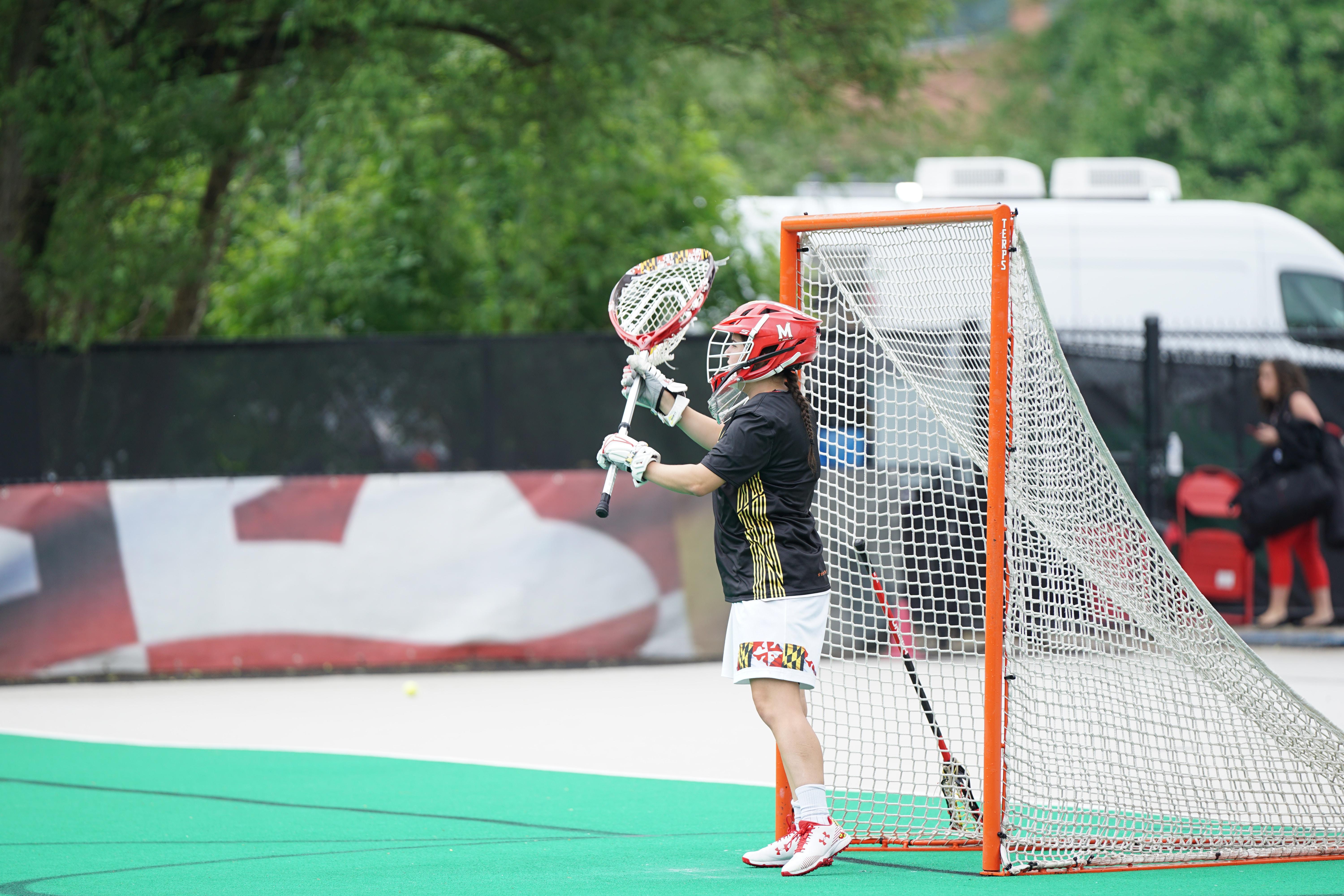
Professional Help
Many will benefit from professional help in the form of counselling, and parents are advised to always view this option as part of their athlete’s recovery. In an ideal world, athletes should always be offered professional help.
It is highly likely they will have found it too challenging to divulge the full details of their abuse to their parents, meaning parents might not be fully aware of the true extent of the harm done. Speaking out more freely about their abuse may be easier, or only possible, with someone they view as totally independent, like a counsellor.
What to Expect
After a safeguarding or welfare issue, athletes can experience a range of emotions. Some may feel angry, while others may isolate themselves. Trust issues are also likely to arise. It is widely acknowledged that channelling anger into their sport can be an effective emotional outlet for athletes. Not only can it help with their healing process, but if they achieve wins or personal bests, it can become a powerful motivator.
The Effects on Others
When a safeguarding or welfare issue involves a coach, it can have a profound and far-reaching impact on the entire training group, affecting each member differently and to varying degrees. In these instances, training partners can be an invaluable source of support and camaraderie to each other. Knowing they will all be dealing with similar feelings and emotions provides a common bond and the knowledge that others understand what they're going through.
As parents, you, too, have every right to feel angry, upset, and betrayed. If the issue relates to their coach, you will have put your trust in this person to do what's in your child's best interest. It will be common to feel guilty that you should have noticed what was going on and spoken out. Don't be hard on yourself. Most abuse is very well-hidden and often disguised as support. Parents are also often put in an impossible no-win situation, weighing up the risks of the potential fallout from speaking out versus 'wrongly'* calling out innocent and acceptable behaviour.
*In our opinion, there is no such thing as a wrongly reported concern. A concern is just that, a concern. Any reputable and trustworthy coach should be more than happy to put your mind at rest and assure you that all is okay and above board... without taking offence.
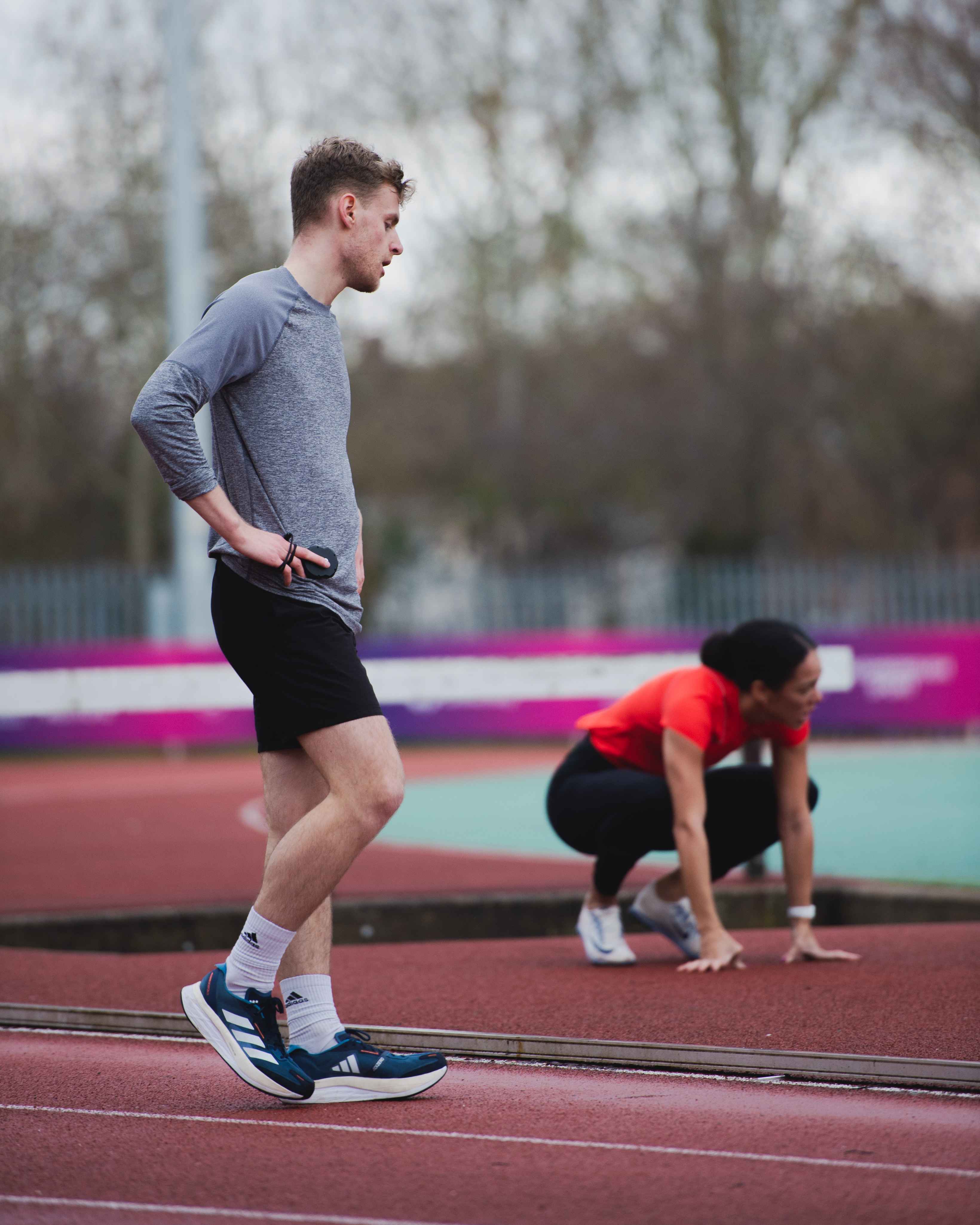
Take Home Points
- Athletes deal with the effects of safeguarding issues in different ways.
-
It's crucial for you to demonstrate you believe their account and are there for them.
-
They may not feel comfortable divulging details and exposing feelings and emotions in front of you. This is common. In these situations, seeking professional help will always be a good option.
- For some, channelling emotions and frustrations into their sport can be an extremely powerful coping strategy, especially if their prominent emotion is anger.
Note: We have used the word ‘coach’ as a relatable example to represent anyone who performs/attempts abusive behaviours within a sporting context.
The vast majority of coaches and support staff are genuine, lovely people who often give their time and expertise free of charge… and only want the very best for young athletes. Without them, there would be no sport, and we are truly indebted to them :)
If you've found this information helpful, we've created The Athlete Place, our athlete-specific platform designed to inform, motivate and inspire your athlete...


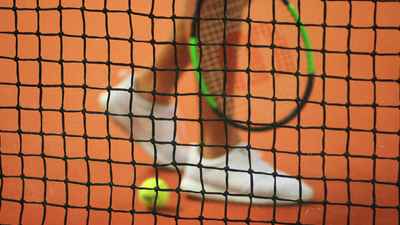


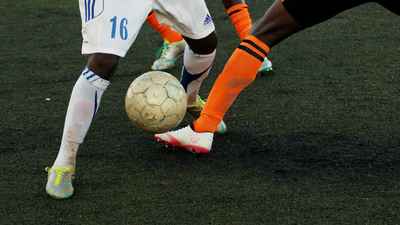
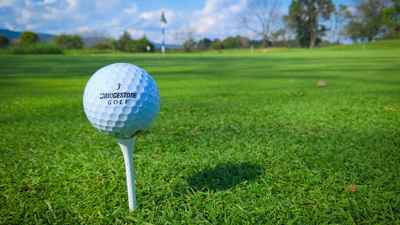
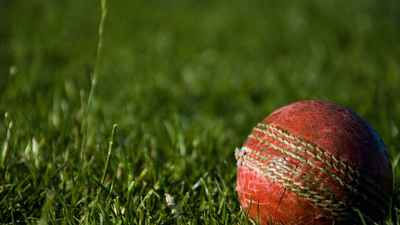


Comments